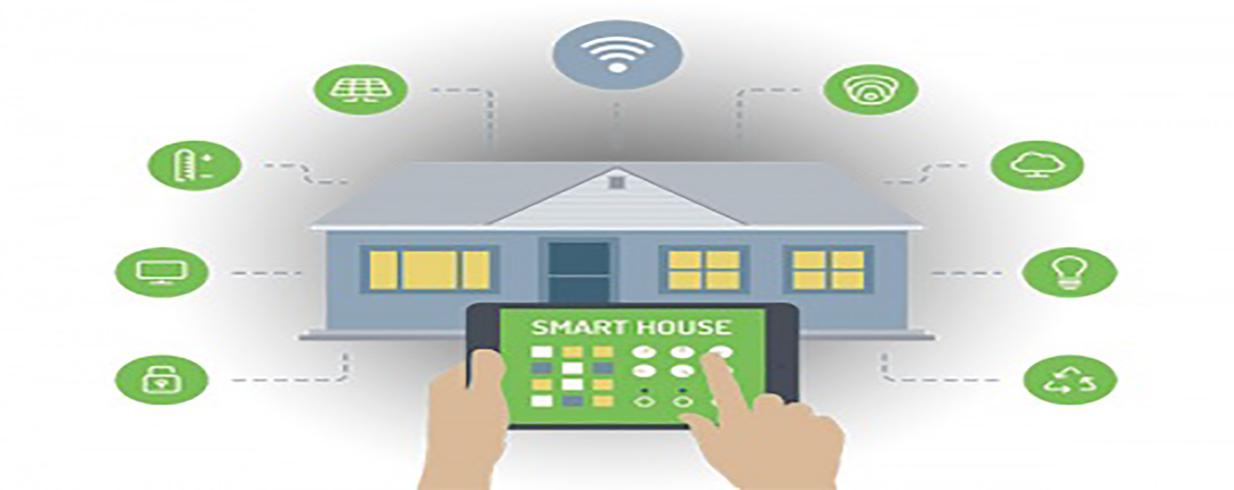One of the areas of rapid digital growth are smart homes. In 2016, the global market for smart home stood at US$30.02bn and is forecasted to touch US$ 97.61bn by the end of 2025. Some of the digitally connected devices making headway in this arena include smart TVs, radiator valves, air quality sensors, smart speakers, digital appliances, security devices, gardening sensors and so forth. The smart home market in Turkey is still in its infancy but represents a great opportunity for real estate developers to exploit.
There are essentially four areas that developers can exploit and these include, networked devices in the home controlled remotely via a smart phone, sensors supported by cloud services, control hubs that connect networked devices in the home, and B2C hardware and software sales underpinned by subscription fees.
Each area represents its own specific set of challenges. This means to make the smart home truly a feasible concept developers will have to collaborate with central government, local municipalities, utility providers, telecom companies as well as with manufacturers and operators of smart devices. A great deal depends on government private partnership to provide the underlying infrastructure that supports a scalable digital platform for the smart home growth. Such platform could provide homeowners with 360-degree view of all of their connected devices and offer a homogenous experience across all major touch points such as sales, ordering, installation, support, and billing.
In such arrangements, homeowners could monitor the consumption of gas, electricity and water through smart meters, and dynamically adjust internal heating and gardening sensors to conserve energy and water during periods of peak use. Likewise, they could monitor the data usage per networked device and control remotely access given to supplier to upgrade software for the microwave, fridge, TV etc. or subscribe to service like online menus for microwave cooking, on demand TV shows. Additionally, home owners could at will take control of all of the aesthetic networked devices like curtains, lights, and setting the ambience in a secure environment. All smoke detectors and household alarms are monitored by artificial intelligence at a centralized command center—operated by the local municipality or by a private company—to take appropriate action and notify the authorities if required.
Hence, the race to control the end-to-end integrated digital platform as well as the smart hub to which all of these sensors and devices are connected is of paramount importance for developers to capture. But where should real estate developers put their money?
Smart meters firmly operate in the ambit of utility companies, thus making it out of bounds for developers. For networked devices and sensors, a great deal of capex and opex investment is required. Even if developers managed to build, their own devices there will be homeowners that would opt for a different brand. The same logic applies to digital appliances. A safe entry point would be to fit every unit constructed by the developer with a smart hub and charge a small fee for vendors and smart service providers to connect and operate their devices. Developers may face stiff opposition from telecommunication service providers, but given their draconian processes and poor track record in customer experience, developers have a significant edge.
Nonetheless, the real is money is in exploiting the smart hub to create a smart home life style that enables developers to differentiate their service offering and to attract a huge community of vendors, utilities, government entities, consumers and other parties to create a sustainable digital life-style platform. This is bit like the amazon of the real-estate world!
About the author
Abid Mustafa is a special guest writer for PropertyTR. He is a digital transformation expert and his specialism includes building digital life styles, Artificial Intelligence and Robotics. He can be contacted through PropertyTR for advisory and consulting services.
Reference:
[1] https://www.transparencymarketresearch.com/smart-homes-market.html





